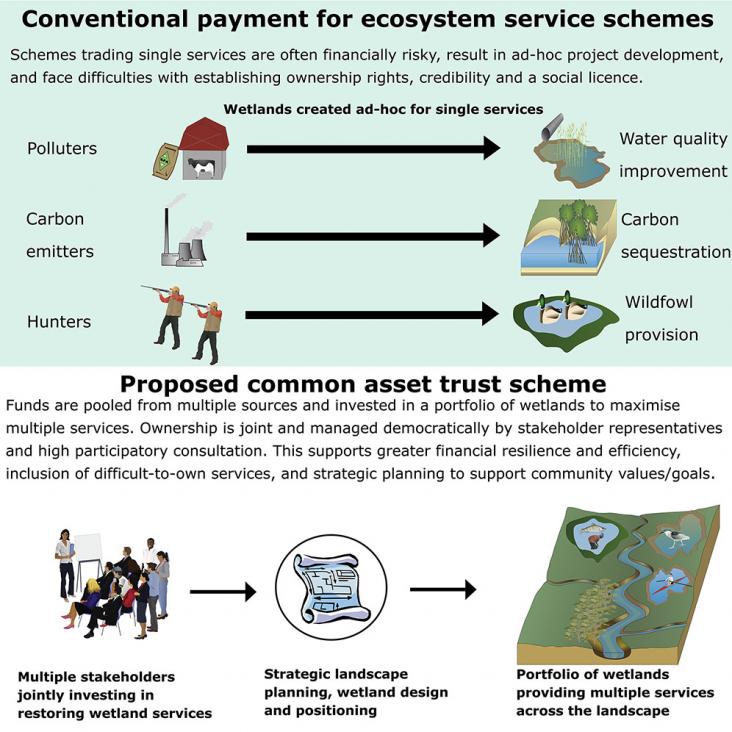This chapter aligns with Goal 3: Good Health and Wellbeing and Goal 14: Life under Water by discussing the ethical considerations and welfare needs of zebrafish in laboratory settings.

Since the launch of the United Nations (UN) Sustainable Development Goals (SDGs) in 2015, the SDGs have been widely adopted by governments and corporations in an effort to improve their sustainabil
This time series study on water quality in chalk rivers demonstrates superstatistical behaviours of environmental and anthropogenic parameters.
Elsevier,
Contamination of Water, Health Risk Assessment and Treatment Strategies, 2021, Pages 265-284
This chapter examines how PPCPs are often termed as micropollutants or trace organics, as these compounds are present in the µg/L range in the environment. PPCPs may pose a serious threat to aquatic life, having acute and chronic toxicity responses. As a result, there is a need for evolving technologies to detect, identify, and remediate compounds from these micropollutants.
This study supports SDGs 13,14 and 15 by unveiling the palaeoenvironment in response to global climate changes.
This content aligns with Goal 14: Life under Water by emphasizing the significance of freshwater habitats as repositories of aquatic biodiversity.
Ocean Acidification and Marine Wildlife, 2021, pp 247-263
This chapter aligns with Goal 14: Life Below Water and Goal 13: Climate Action by discussing the impacts of ocean acidification on marine biological processes and highlighting future research directions to understand and preserve marine biodiversity.
Global warming is adversely affecting the earth's climate system due to rapid emissions of greenhouse gases (GHGs).

Wetlands provide ∼$47.4 trillion/year worth of ecosystem services globally and support immense biodiversity, yet face widespread drainage and pollution, and large-scale wetlands restoration is urgentl
Held in partnership with the University of Johannesburg, this Elsevier webinar discusses the SDGs and how researchers can incorporate them into their work.
